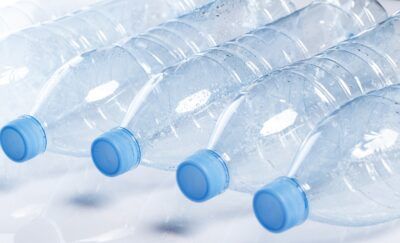Bottled water consumption in North America and around the globe poses an ongoing health, safety, and environmental issue. Landfills and oceans are constantly being bombarded with large influxes of incoming water bottles, many of which take hundreds of years to decompose and can have a significantly negative impact on marine and wildlife. A growing emphasis on environmentalism and health concerns has deterred many people from consuming bottled water, opting for tap water instead.
What is the difference between tap water and bottled water? Keep reading to learn about the pros and cons of tap water vs. bottled water, so that you can make a more informed decision about which one is the better choice for you, your family, and Mother Earth.

